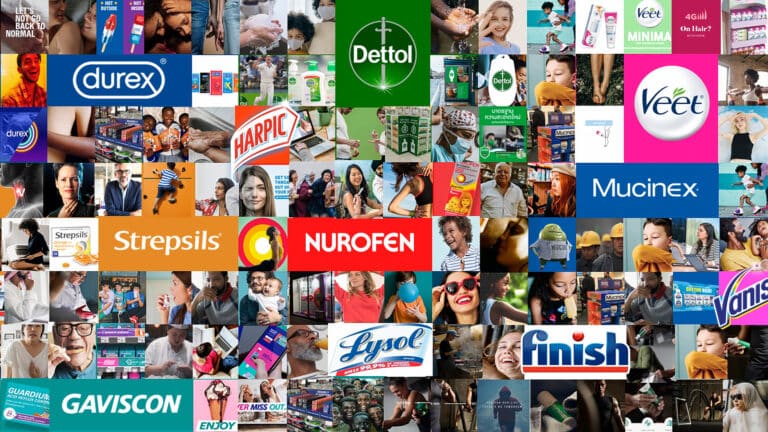Hull-founded health and hygiene giant Reckitt has rannounced plans to shed several “non-core” homecare brands that generate annual sales of nearly £2bn.
Its Essential Home division, which includes Air Wick, Calgon and Cillit Bang, has been deemed “no longer core” and the company said it “will consider all options to maximise shareholder value.” The division brought in FY2023 net revenue of £1.9bn, and Reckitt expects to dispose of it by the end of 2025
Reckitt will also look to exit its Mead Johnson Nutrition business.
The changes are part of a £1bn restructuring plan to focus on its portfolio of “Powerbrands” which are global leaders in their categories, such as Muciniex, Strepsils, Gaviscon, Nurofen, Lysol, Dettol, Harpic, Finish, Vanish, Durex and Veet.
Kris Licht, chief executive officer, said: “Our core portfolio of market-leading Powerbrands, and simpler, more effective organisation positions us to better serve our consumers and customers. This will deliver attractive long-term value creation for Reckitt’s shareholders through our earnings model and cash returns.
“I am pleased to announce the appointment of a number of talented, long-term Reckitt leaders to the Group Executive Committee to deliver this growth and value creation opportunity.”
Reckitt’s restructuring will also strip out management layers and is designed to reduce its fixed costs from 22% to 19% by the end of 2027. It also expects automation, and digital and generative AI opportunities to deliver significant savings.
The FTSE 100 giant, which is now HQ’d in Slough as part of Reckitt Benckiser, still operates a major Science and Innovation Centre in Hull, as well as its original Dansom Lane manufacturing site.














